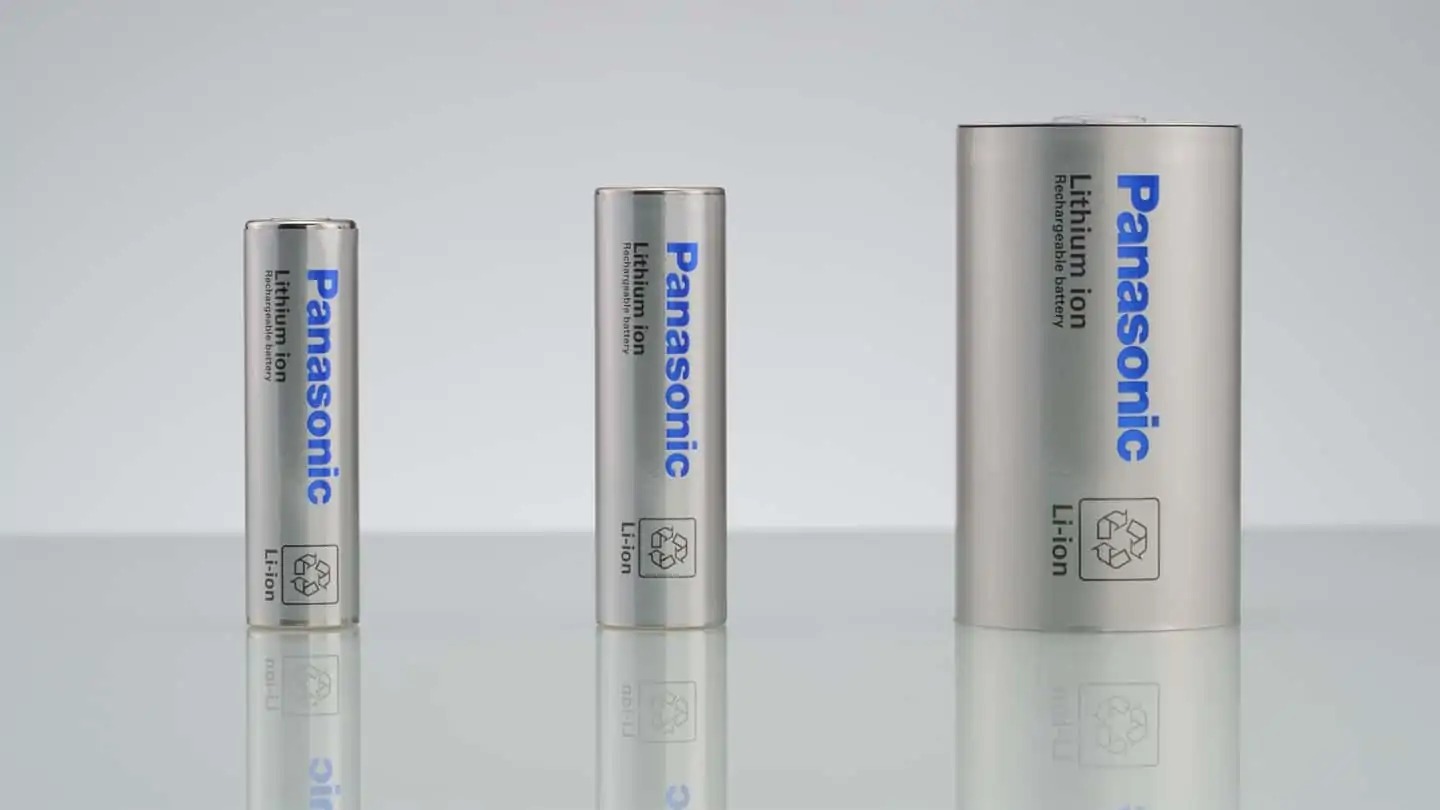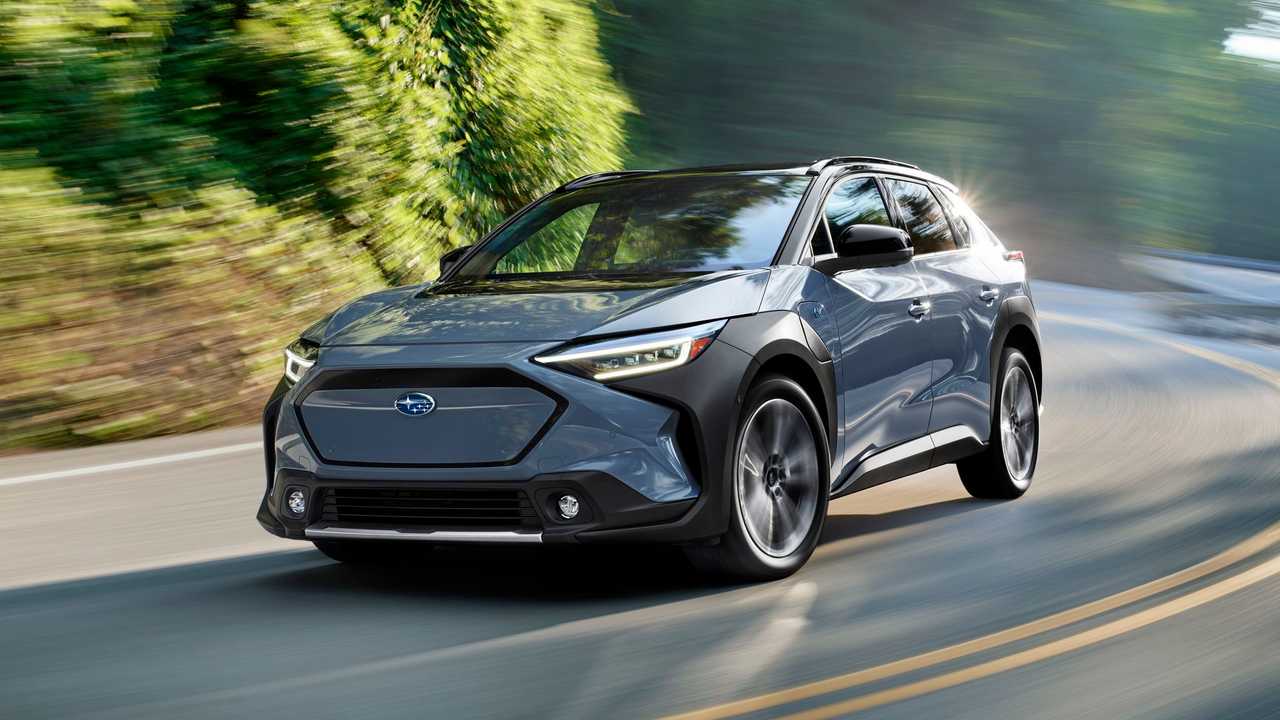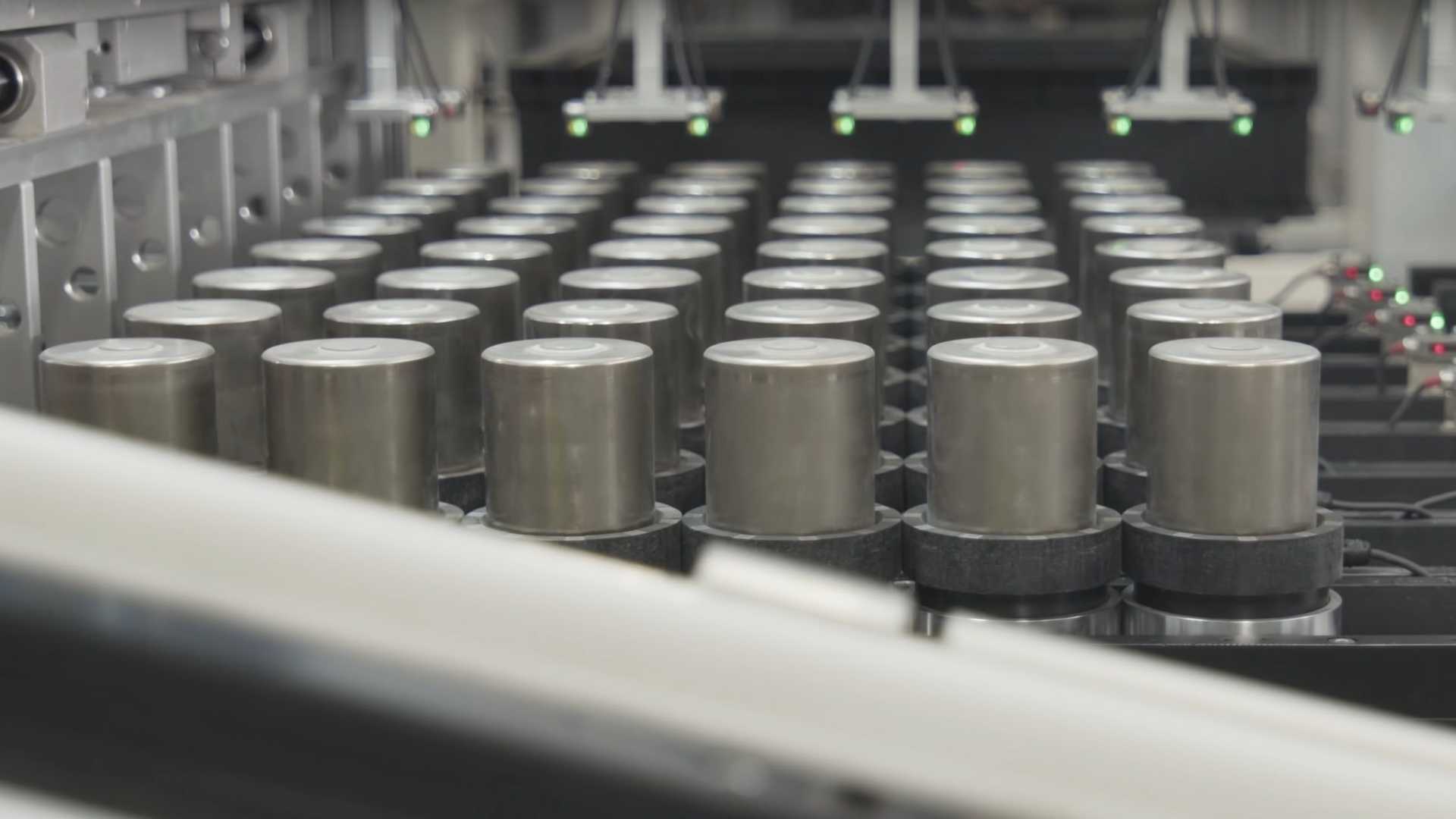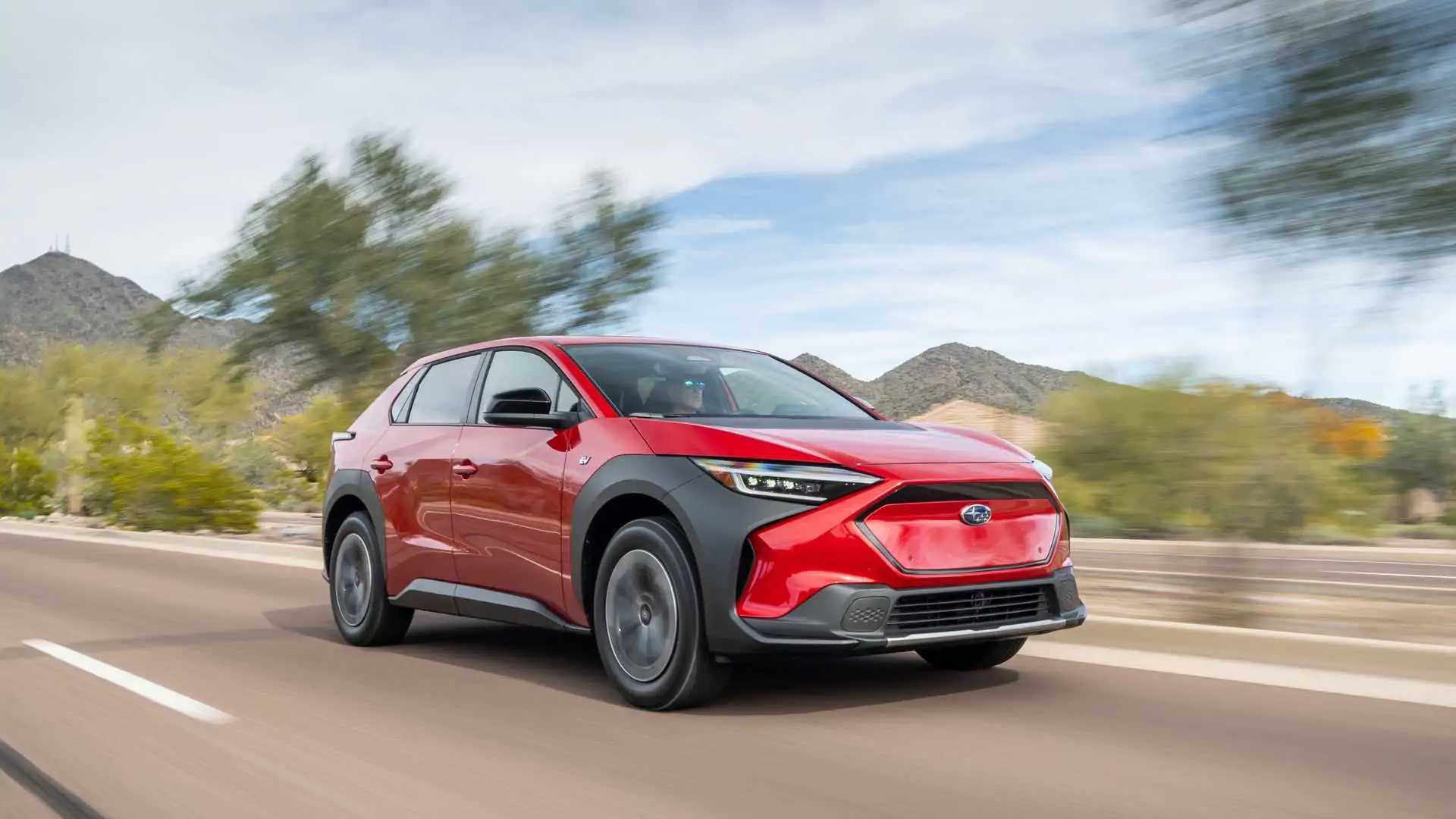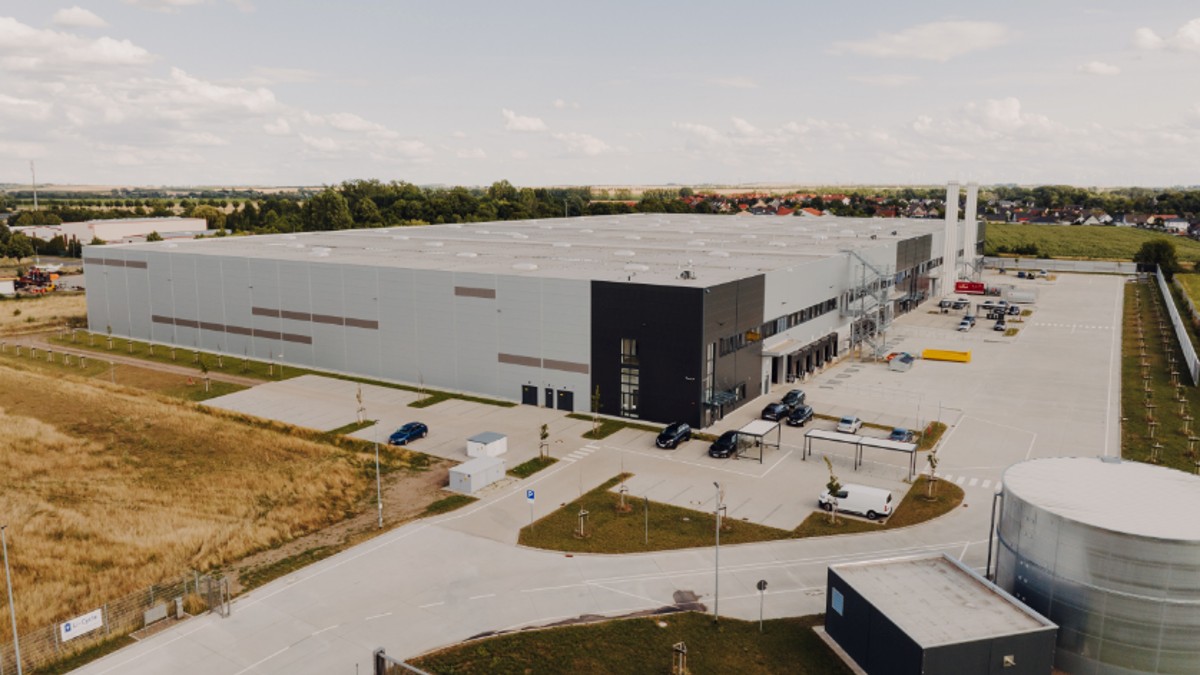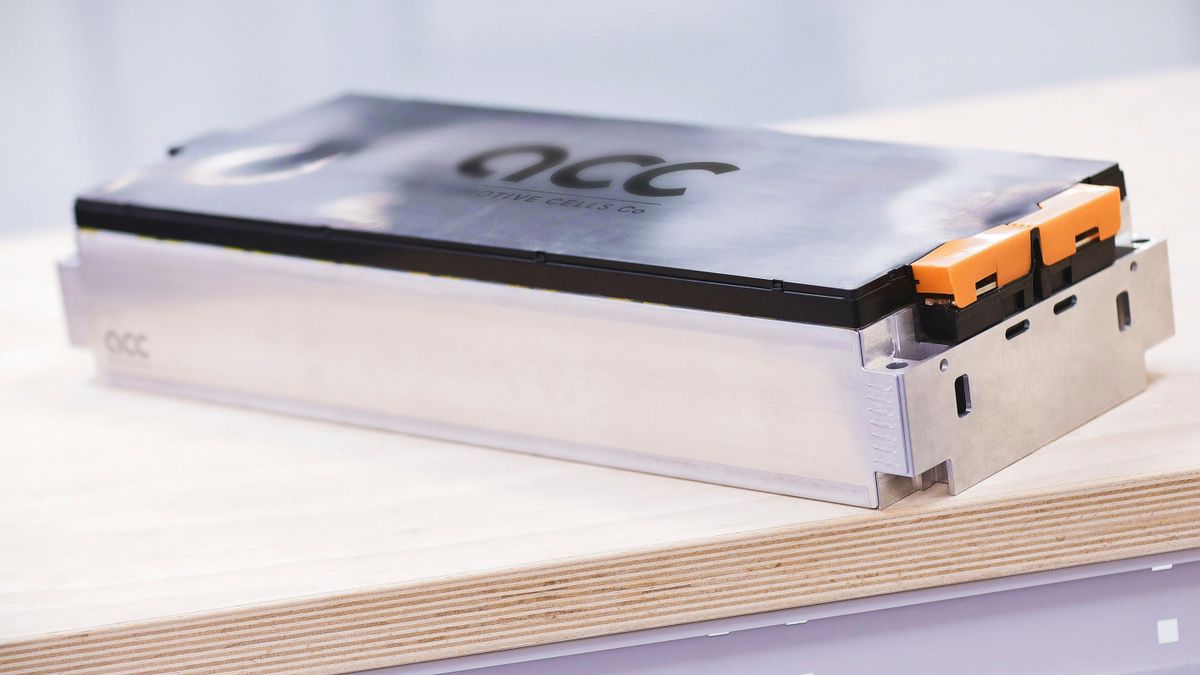In a recent press release, Subaru Corporation and Panasonic Energy have announced the commencement of talks to establish a medium- to long-term partnership, aimed at addressing the surging demand for battery electric vehicles (BEVs) and automotive batteries.
The primary focus of these discussions will revolve around Panasonic’s next-generation automotive cylindrical lithium-ion batteries, which are intended to power Subaru’s upcoming all-electric models planned for the second half of this decade. Specifically, these advanced batteries will be utilized in Subaru’s dedicated BEV plant, currently in the planning phase for construction in Gunma, Japan.
While specific details regarding the characteristics of the “next-generation automotive cylindrical lithium-ion batteries” have not been disclosed, experts speculate that they may involve the 4680-type cylindrical cell format or a similar variant with improved lithium-ion chemistry, considering the timing of their introduction.
Interestingly, this agreement appears to mirror the partnership announced earlier between Panasonic and Mazda in June, raising speculation that Panasonic could be attempting to form a coalition of Japanese automakers to introduce the new battery type, potentially aiming to secure orders from multiple smaller brands before establishing a large-scale battery production plant. Such an approach could leverage economies of scale and bolster competitiveness in the evolving electric vehicle market.
Industry insiders note that Tesla, being a significant player in the electric vehicle sector, is also a potential customer for Panasonic’s 4680-type cylindrical cells. However, due to the Inflation Reduction Act of 2022 (IRA) and logistical considerations, it is likely that eventual volume production for Tesla will be based in North America.
As these discussions between Subaru and Panasonic gain momentum, industry experts anticipate the potential for more similar deals in the future, signaling positive developments for the electric vehicle industry, including new investments and expansion opportunities. The partnership between these two influential companies holds promise for advancing the adoption of electric mobility and fostering technological innovation in the automotive sector.

